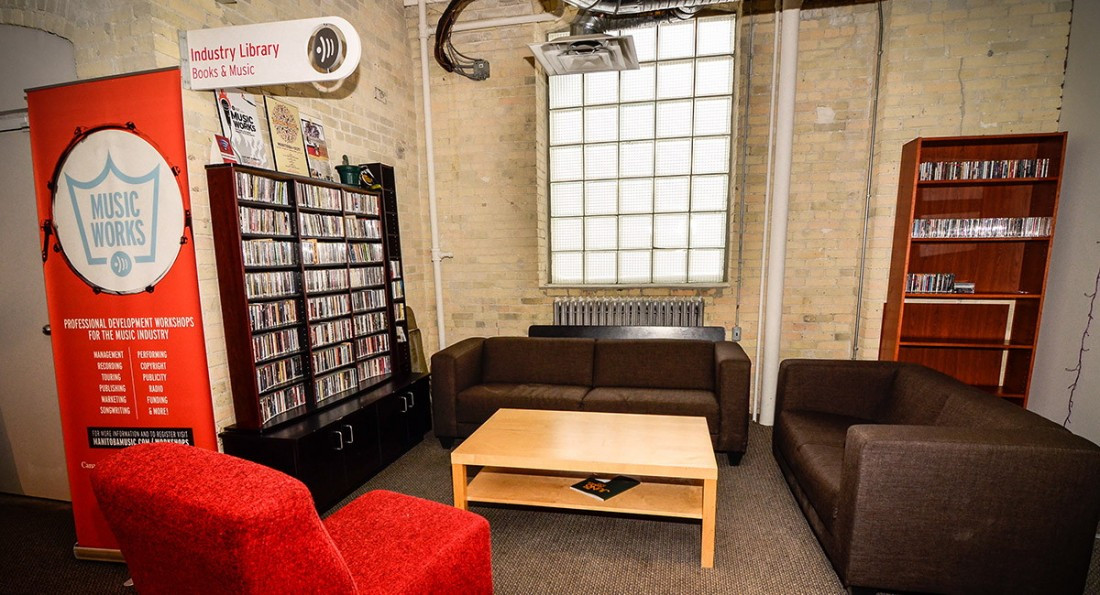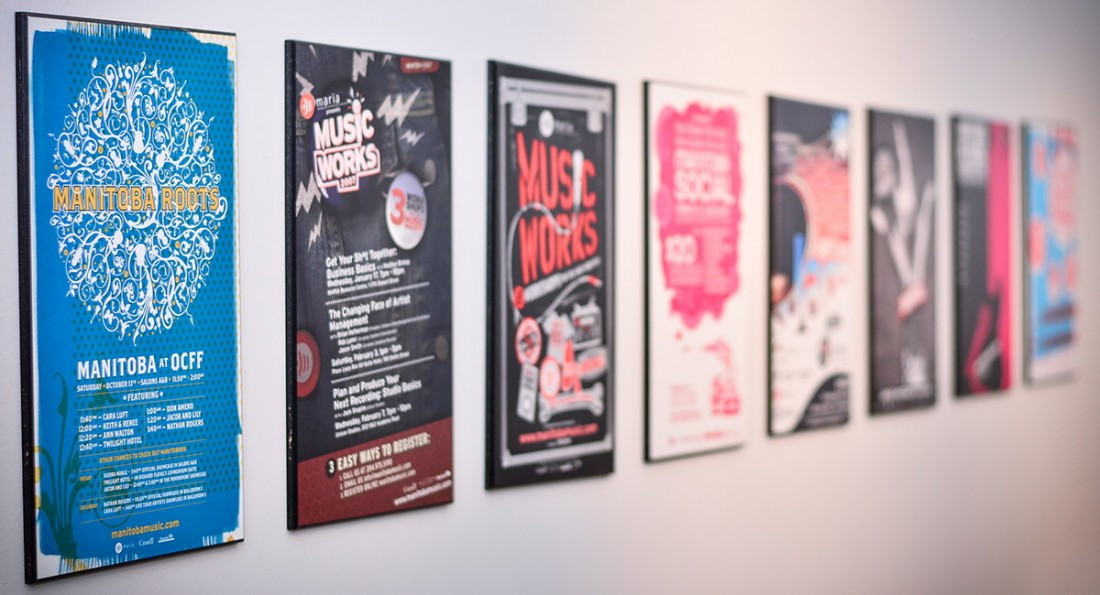Making Records
Local artists say start small and create a live connection
As recording technology becomes more accessible, there are many options available to a new artist seeking to get their songs out there.
“Artists are recording all the time, to the point where it has become part of the creative process,” says Sean McManus, Program Manager at Manitoba Music. “There are things anyone can do on a laptop and the idea that you need to make that one big breakout hit is not true anymore. You can build a following piece by piece, and it’s a little more organic that way.”
While it is certainly important to have recorded material available, McManus and many local artists say to focus more on making that human connection with fans first. “The Internet has had a huge effect, but people still want to see bands live”, McManus says. “Albums aren’t a huge revenue generator, so we’ve seen a resurgence of the live world. You want to put together a really great show.”
Not only is this a great way to build a following and get people interested in your recorded material, it is an excellent networking tool. “When you have friends and community, opportunities tend to present themselves in a natural way in their own time,” says folk singer/songwriter Dan Frechette. “Someone can befriend other musicians and become part of the community and find other like-minded musicians who would like to make a first album. Collaboration is easy in a city as big as Winnipeg.”
While you’re building those connections, focussing on a high quality recording isn’t necessary. Brett Nelson, another notable Winnipeg talent, feels passionately about taking a more hands-on approach to start. “People are excited to get something handmade, and it shows that you care about your craft enough to put the effort in,” he says. “I’ve spent a lot of time listening to the early work of some of my favourite artists, and more often than not the recordings are awful, but the songs are great… When I started recording, I used an 8-track console, computer programs I could get for free, and tape recorders.”
The time to invest more money is when your work is in demand for radio airplay or television soundtracks, McManus says. “When you put your work next to other songs in a playlist on iTunes, you want them to stand up. Mastering is a mysterious process to many artists because they don’t know what it is, and they have trouble justifying spending the money. It can cost anywhere from $500-$5000 to get something properly mastered, but it’s about getting the E.Q. and tone to sound right so that the performance can really sparkle.”
For artists at any point in the process, Manitoba Music is a recommended source. Located centrally at 376 Donald street, There are producers available for consultations as well as seminars and workshops held by experienced performers. The staff also has a wealth of information about grants and producing live shows or tours. McManus suggests you “come in, sit down, and ask questions.”
For more information on upcoming workshops, visit manitobamusic.com
Published in Volume 68, Number 16 of The Uniter (January 15, 2014)








